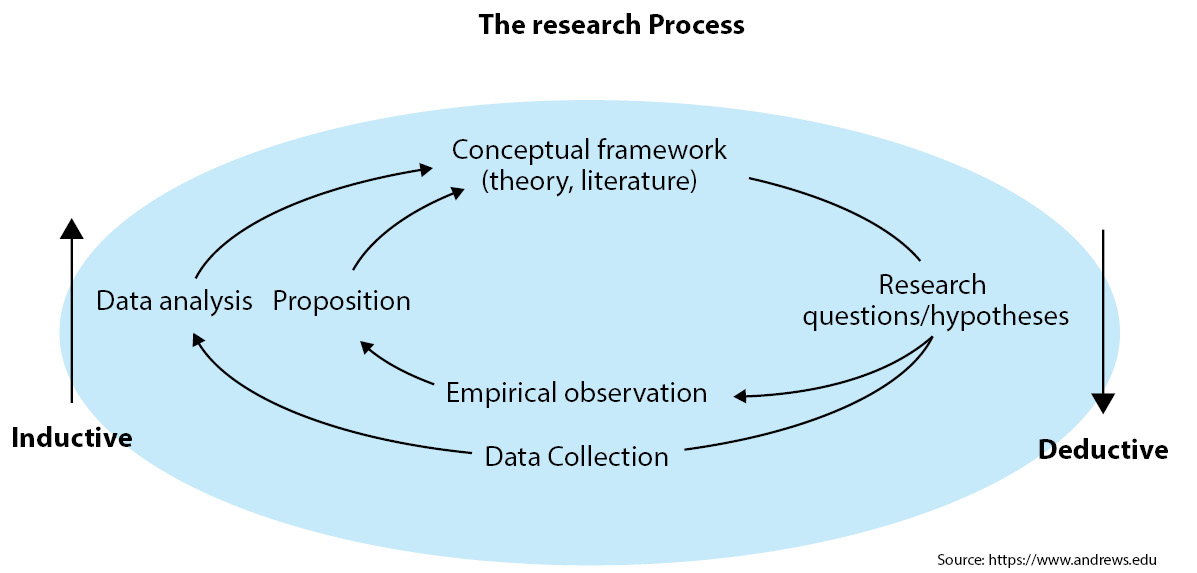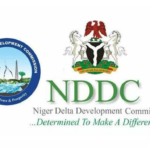I enjoyed reading Dr. Moses Ochonu’s rant against theoretical framework as implemented by Nigerian universities when Dr. MD Aminu shared it on his page two weeks ago.
So if you’re like me, you may also want to read this response written by my brilliant friend; who like Ochonu, is also based in the United States. Enjoy.
This is a rejoinder to some of the misleading and erroneous claims made by Moses Ochonu in a guest column published in Daily Trust newspaper on August 3, 2019.
To start with, Ochonu made valid claims, with one being that not all research topics in humanities and social sciences should be informed by a theoretical framework.
To some extent, this claim is plausible. Ochonu is also right by arguing that theories must not be imposed on an issue to be interrogated, as this may lead to poor and distorted knowledge production.
Ochonu also argued thus: “Requiring students to have a theoretical framework even before they have done the research or analyzed their data prejudges the work and imposes a predetermined direction and outcome on the dissertation. It amounts to doing scholarship backward. It stifles scholarly innovation and originality. More tragically, requiring a theoretical framework upfront is bad scholarly practice because it disrespects the data and the analysis/arguments that the data supports.” Here, Ochonu got many things wrong about the subject, including how a theoretical framework connects with research design, data collection, data analysis and the implications of findings. He also failed in his thought articulation to account for the different ways theories connect with research.
A theory can be inductively or deductively used to inform a study. Each has implications for whether researchers will be required upfront to state the theory that informs their research before data collection or not. Inductive applications first require that data be collected and analyzed, following which theoretical insights will be developed or induced from the data.
In contrast, deduction applications start with theory and testing theory against the data used to inform a study. Deductive applications imply that the whole research process, from the framing of questions, to problem articulation, definitional delineations, literature review, hypotheses derivation, deciding what to measure and statistical relationship to be explored, the design of instruments, data collection, as well as data analysis and interpretation, will all be guided by the theoretical basis of the study.
This shows that the deductive application of theory to research has implications for the issue that was inaccurately dissected by Ochonu.
One such implication is that this is one way, a theoretical framework (TF) comes in as the organizing compass that guides the entire process in a deductively grounded research.
This means that before data collection, researchers will be required to draw on existing literature to select a theory or theories, which will inform their study. A second and related implication is that in a deductively grounded research, researchers may be required to explicitly or implicitly identify/discuss the theoretical framework informing their studies before data collection. This point was well discussed by Sharan Merriam, who, akin to Joseph Maxwell, persuasively argued that TF is the scaffolding/underlying structure that shapes all aspects of a study. In a related vein, Naomi Elliott and Agnes Higgins noted that “traditional research process begins with a literature review, which is used to inform the research question and theoretical framework that ultimately guides data collection and analysis.” Traditional research, which favors deductive inquiry, implicates the need for a TF before data collection and analysis, a fact which Ochonu disregarded in his assertion.
Related points on using theory to guide the entire process of a study were made by Helen Green in Use of theoretical and Conceptual Frameworks in Qualitative Research, as well as Vincent Anfara and Norma Mertz in their edited volume that is entitled, Theoretical Frameworks in Qualitative Research. The argument is further strengthened by the fact that a theory/theoretical framework is connected to the methodological and epistemological underpinnings of a study. The aforesaid demonstrates that, contrary to the claim by Ochonu, requiring that a TF be stated before data collection is not a bad scholarship, does not inherently prejudge a study, nor does it translate to doing research backward.
It is doing research based on a sound scholarly tradition! And what constitutes a bad scholarship is fixedness to grounded theory and its superimposition as the only way to do theory-laden research.
Contrary to Ochonu’s submission, selecting and integrating a TF to inform a study before data collection does not amount to “a random selection of a theory.” This is because the selection of a TF must be systematically done via a rigorous and detailed literature review and it must be well-oriented to the problems being interrogated, the purpose and anticipated significance of a study. There was no single evidence provided by Ochonu that this has not been the case with the social sciences and humanities dissertations that are produced in Nigerian universities. Ochonu also concluded that having a TF before data collection will defeat “the purpose and silences the potential theoretical contributions of the dissertation.” This is also inaccurate as a TF does the opposite of his claim, a point that was alluded to by Cynthia Grant and Azadeh Osanloo who stated thus: “Without a theoretical framework, the structure and vision for a study is unclear, much like a house that cannot be constructed without a blueprint. By contrast, a research plan that contains a theoretical framework allows the dissertation study to be strong and structured with an organized flow from one chapter to the next”.
Furthermore, Ochonu authoritatively and generalizingly asserted that, “it is during the process of data analysis and the development of the work’s arguments and insights that its theoretical implications and its connections to or divergence from existing theoretical postulations becomes clear, giving the scholar a clear entry point to engage critically with the existing theoretical literature and to highlight the theoretical contributions and insights of the work in relation to existing theories.” Here, Ochonu also missed the point, by, on the one hand, failing to account for the place of different research paradigms in the issue he sought to address and by mistaken paradigms for a theoretical framework. Speaking to this, Lederman and Lederman (2015) noted, “There is little doubt that qualitative researchers often invoke theory when analyzing the data they have collected or try to place their findings within the context of the existing literature. And, as stated at the beginning of this editorial, different research paradigms have large overarching theories about how one comes to know about the world. However, this is not the same thing as using theory as a framework for the design of an investigation from the stating of research questions to developing a design to answer the research questions.”
On the other hand and finally, Ochonu confounded TF with theories, grounded theory methodology and the theoretical imports of a study. A theoretical framework is not necessarily theory, a point that was succinctly captured by the editors of the Journal of Science Teacher Education, Norman Lederman and Judith Lederman: a theoretical framework “may actually be a theory, but not necessarily. This is especially true for theory-driven research (typically quantitative) that is attempting to test the validity of existing theory.” Also, it is only in a grounded theory methodology-oriented research that theoretical insights and implications are generated from data. This is because classic grounded theory (GT) is anchored on an inductive methodological approach. Even, there are emergent deviations from the classic GT norms, as there are now GT studies that start with a theoretical framework. One example is the use of abduction and the constructivist GT approach that underpins, for example the study by Jr. Donald Mitchell: Advancing Grounded Theory: Using Theoretical Frameworks Within Grounded Theory. This also questions the claim by Ochonu that a section that is entitled theoretical framework in a dissertation is arbitrary, not needed and that it is better named theoretical insights. This is more so that the theoretical implications of a study are neither theories, nor a TF, a fact that was overlooked by Ochonu.

 Join Daily Trust WhatsApp Community For Quick Access To News and Happenings Around You.
Join Daily Trust WhatsApp Community For Quick Access To News and Happenings Around You.


